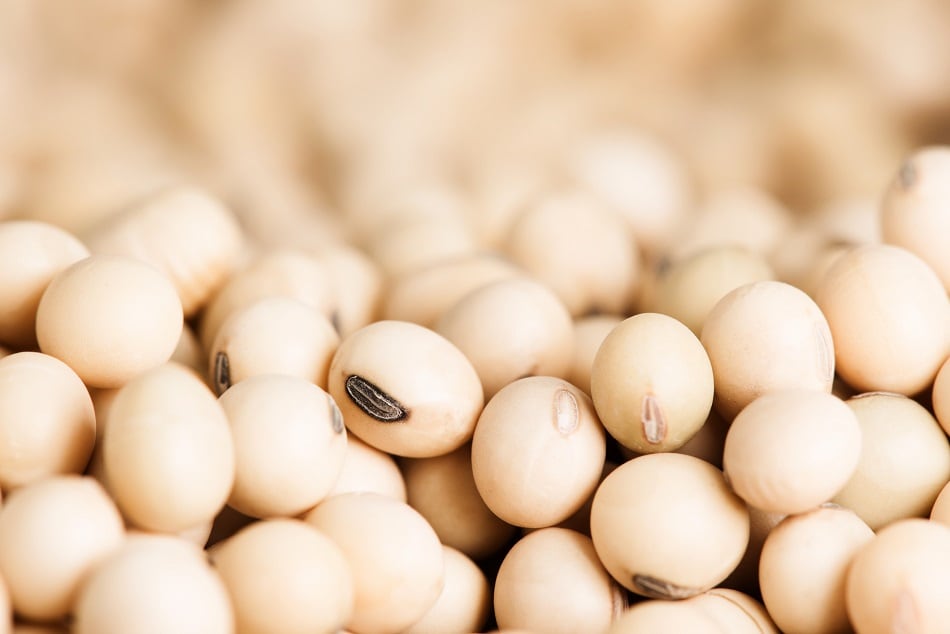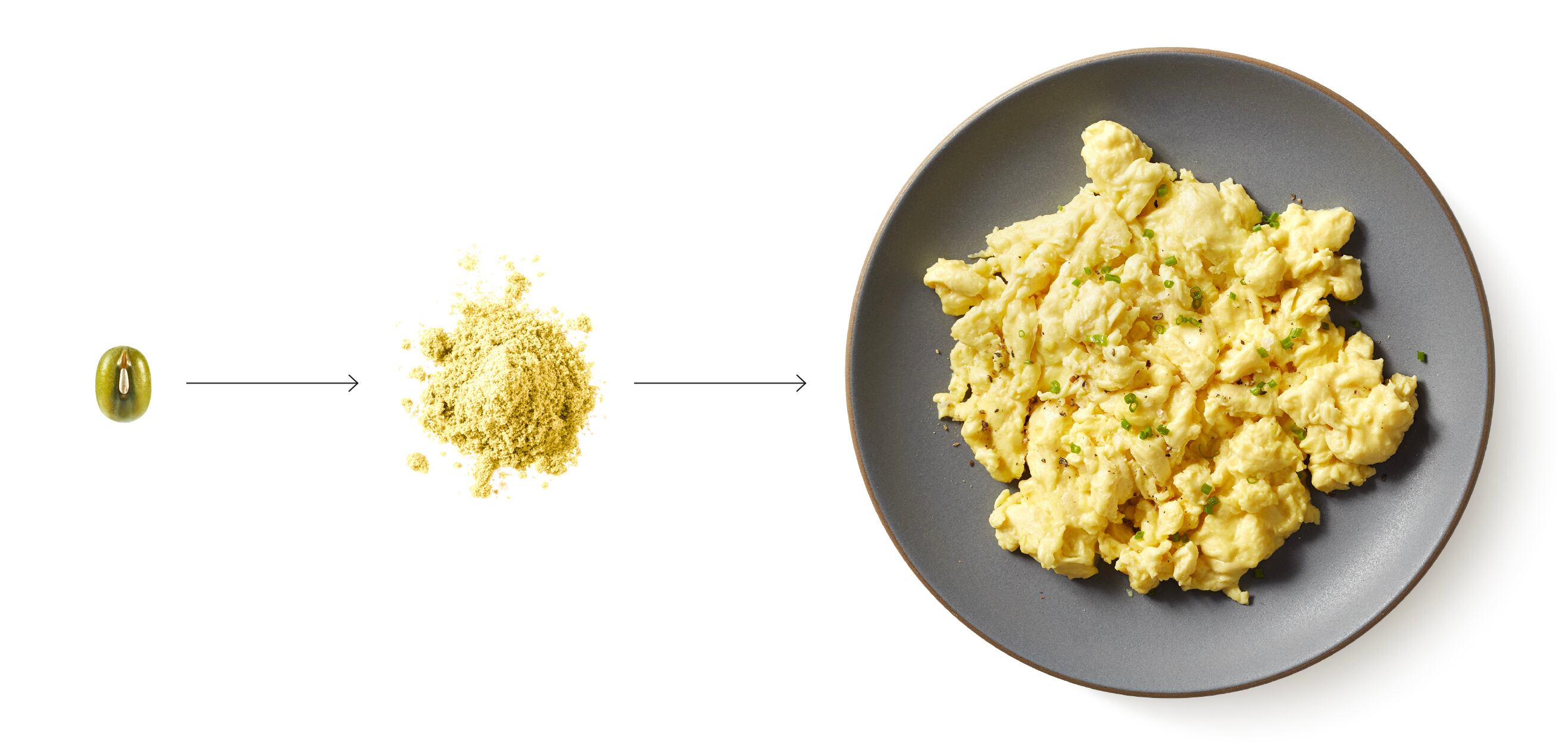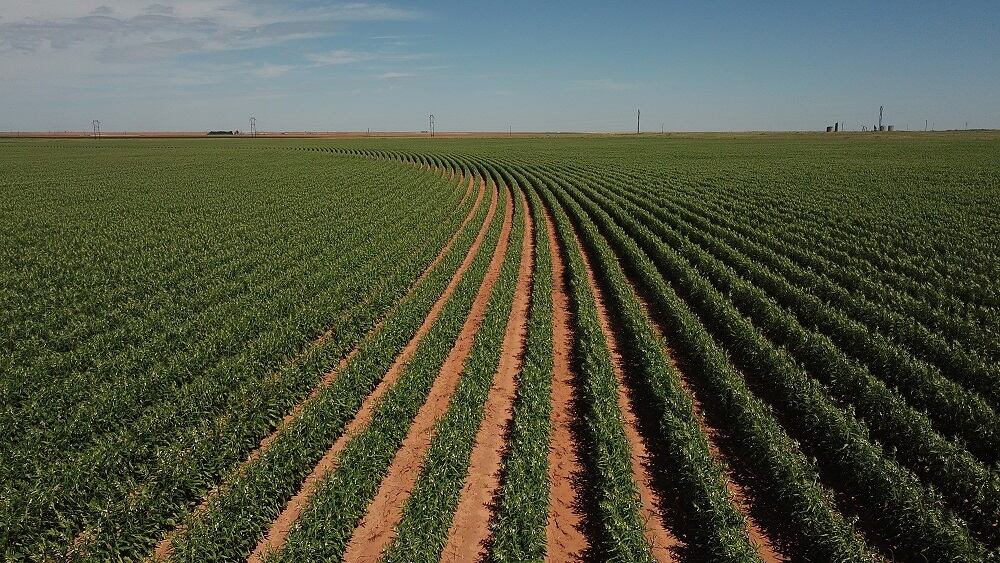As soybean yields have expanded (according to the USDA, soybean production totaled roughly 3.56 billion bushels last year), the nutritional quality of the soybeans has declined, according to Crisp.
"When you only breed for yield, you actually decrease over time the nutrition density. Yield has gone up significantly over time, but it’s been at that sacrifice of that nutrition and protein content," Crisp told FoodNavigator-USA.
According to Crisp, the processing and manufacturing of soy protein concentrate is a water- and energy-intensive process, which requires multiple 'crushing' steps to denature the soybean by removing any carbohydrate and oil content present.
To forego the additional processing soybeans typically need to create soy protein concentrate, Benson Hill has developed a variety of soybean with up to 50% more protein at the crop level than current varieties of soybeans grown.
The company used traditional methods of plant breeding (allowing non-GMO certification and unrestricted use in US and export markets, including Europe) to create a soybean seed that contains more protein at the crop level and when crushed (once vs. twice as with soy protein concentrate) yields protein concentrations on par with soy protein concentrate.
"What allows Benson Hill to do this with a degree of proficiency and success that many programs may not have is that we use a technology platform called CropOs, and it uses large scale genomic data along with phenotypes where you measure things like protein content and amino acid profile," Benson Hill CEO Matt Crisp told FoodNavigator-USA.
"You effectively make these associations of crossing certain parental lines in the most efficient way possible and you use machine learning approaches to understand how to increase your likelihood of success."
'Immense opportunity' in alternative protein space
Wherever food and beverage manufacturers use soy protein concentrate -- for instance, in the Impossible Burger -- Benson Hill's less-processed version of soy protein can be used in its place, but at a much lower environmental impact, according to Crisp.
Putting its environmental advantage into context, Crisp explained: "If alternatives that are soy driven take 1% of the meat market, that’s roughly about 3 million tons a year of soy protein concentrate. [By using Benson Hill's soy protein] that translates into about five million tons of CO2 that are saved, and it’s about 45 million less liters of water a year."
Once fully commercialized and ready to use as a food and beverage ingredient next year, Benson Hill will be targeting the plant-based protein market where the company believes it can have a strong impact.
"We have done preliminary testing in alternative meat and dairy, and we think that there’s a very promising value proposition to utilize this," noted Crisp.
"We absolutely think there’s an immense opportunity in the alternative protein space, and also of course, premium feed markets."
Commercialization timeline
Benson Hill will start contracting farmers to grow its high protein soybean variety later this year in time for the 2021 spring planting season.
"At this time next year we hope to have a strong network of growers who want to be a part of this new food system innovation."
The initial launch will include over 20,000 acres in 2021, expanding tenfold in 2022.




